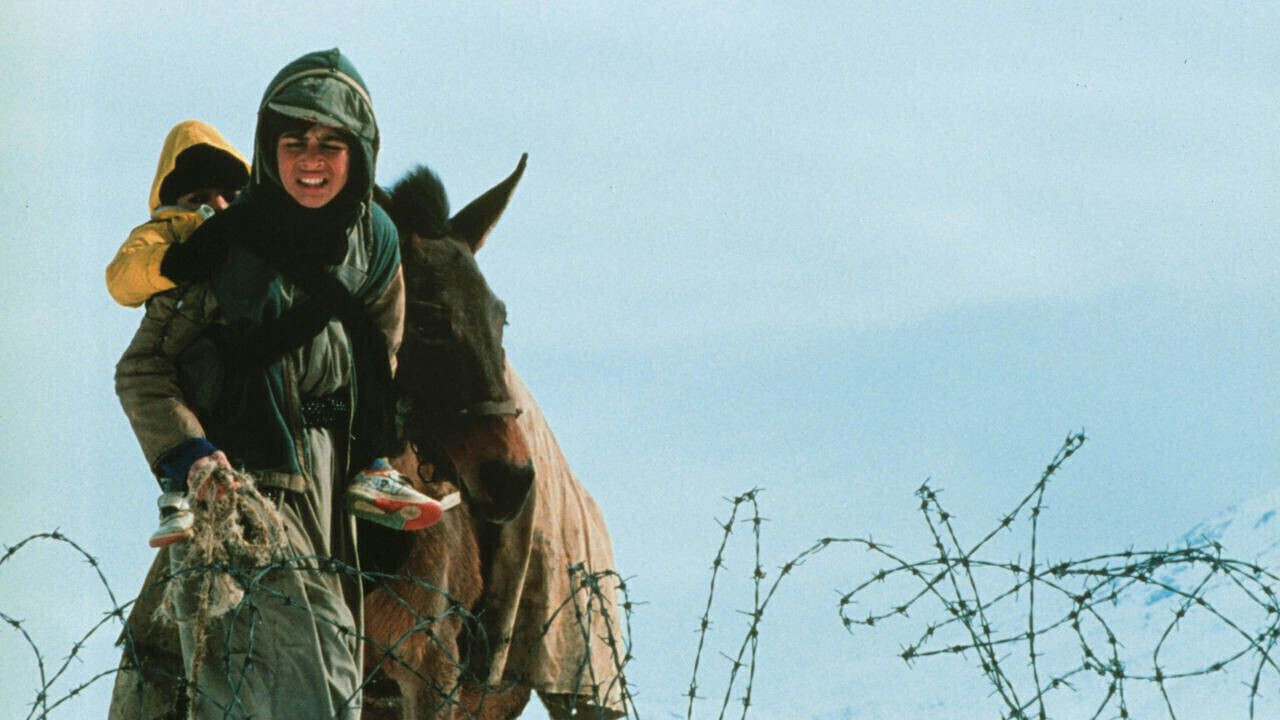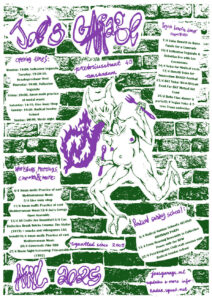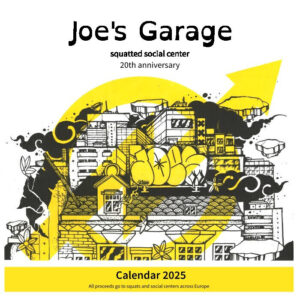Sunday August 17th 2014. Kurdish movie night: A Time for Drunken Horses by Bahman Ghobadi, 2000, 85 minutes. Door opens at 8pm, film begins at 9pm.
 Kurdish Iranian filmmaker Bahman Ghobadi grew up during the devastating Iran-Iraq War, which killed several of his relatives. After starting out in photography, he began attracting attention in his twenties from his short documentary films about Kurdish life. After serving as Abbas Kiarostami’s assistant director on The Wind Will Carry Us (Bād Mā-ra- Khāhad Bord, 1997), he expanded the theme of one of his short documentary films, Life in Fog, to make his first feature film, A Time for Drunken Horses (Zamani Barayé Masti Asbha, 2000). The film, about the harsh circumstances of an impoverished Kurdish family near the Iran-Iraq border where the local economy subsists around the dangerous smuggling trade, was an immediate sensation and multi-award winner, including the FIPRESCI critics prize and the Camera D’Or at the Cannes Film Festival.
Kurdish Iranian filmmaker Bahman Ghobadi grew up during the devastating Iran-Iraq War, which killed several of his relatives. After starting out in photography, he began attracting attention in his twenties from his short documentary films about Kurdish life. After serving as Abbas Kiarostami’s assistant director on The Wind Will Carry Us (Bād Mā-ra- Khāhad Bord, 1997), he expanded the theme of one of his short documentary films, Life in Fog, to make his first feature film, A Time for Drunken Horses (Zamani Barayé Masti Asbha, 2000). The film, about the harsh circumstances of an impoverished Kurdish family near the Iran-Iraq border where the local economy subsists around the dangerous smuggling trade, was an immediate sensation and multi-award winner, including the FIPRESCI critics prize and the Camera D’Or at the Cannes Film Festival.
The Kurdish people live mostly in Kurdistan, a mountainous region of the Middle East that covers parts of Iran, Iraq, Syria, and Turkey. For them the national boundaries that separate their people are artifacts of past political processes that excluded their participation. But paradoxically these same artificial boundaries that close off free exchange have presented a secondary, though fraught with danger, economic opportunity: smuggling. A Time for Drunken Horses tells the story of an orphaned family trying to survive in these perilous conditions.
The film was shot on location in the rugged mountains of Kurdistan with local, nonprofessional actors who were essentially playing themselves. Incredibly under these rough production circumstances, the film displays remarkably high production values, with superb cinematography and well-executed camera setups that support smooth, dynamic editing. As a consequence, the visual narrative has a natural, gripping flow that maintains the continuity of the storyline and the dramatic developments. In fact the cinematography and narrative flow in this, Ghobadi’s first feature, are superior to those of his subsequent efforts, Marooned in Iraq (Gomgashtei Dar Aragh, 2002), Turtles Can Fly (Lakposhtha Parvaz Mikonand, 2004), and Half Moon (Niwemang, 2006).
The story of A Time for Drunken Horses follows the fate of a family of young Iranian Kurds living near the Iraqi border. Ayoub is a twelve-year-old boy and the principal protagonist of the story. He has three sisters, Rojin, who is maybe about sixteen or seventeen, and Ameneh, who is perhaps eleven and who provides the narrative voice-over at the beginning and in certain other parts of the film, and a young toddler who stays at home and is barely seen in the film. Ayoub’s older brother, Madi, is fifteen and is a severely handicapped dwarf, with deformed legs and stunted arms. Despite their dangerously meager circumstances, the siblings are all extraordinarily close and loving towards each other, and this was evidently a Kurdish value that Ghobadi wanted to place in prominence. In particular, they all look after and try to amuse the crippled Madi, who requires constant care and medical attention.
Film night at Joe’s Garage, cozy cinema! Doors open at 8pm, film begins at 9pm, free entrance. You want to play a movie, let us know: joe [at] squat [dot] net


 ANYTHING GOES! Music,…
ANYTHING GOES! Music,…
